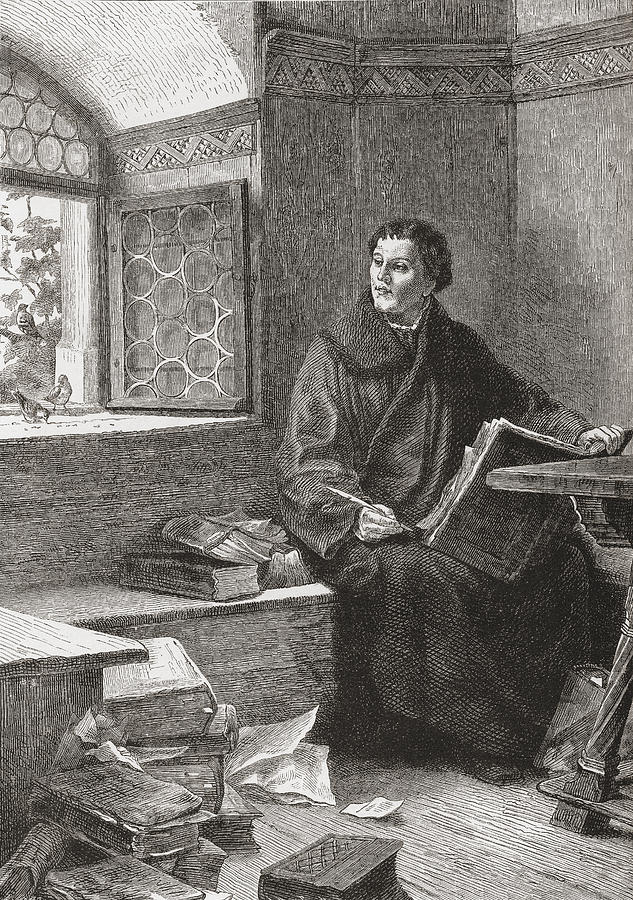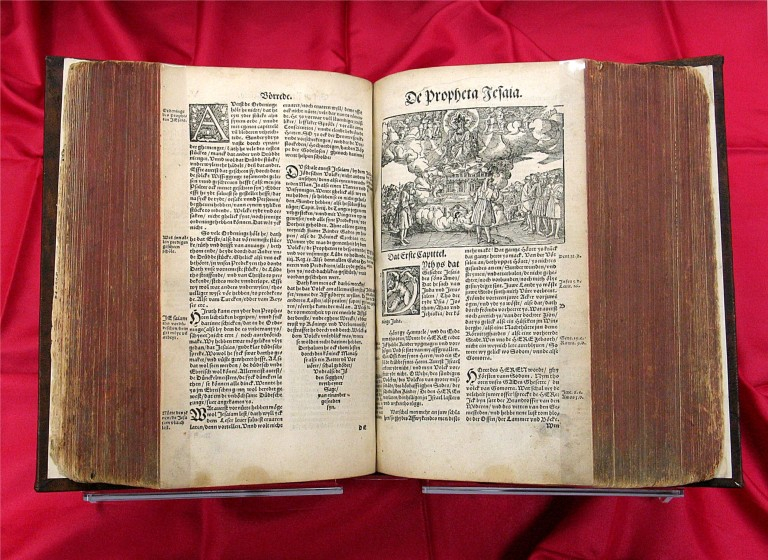His translation of the New Testament contributed to the popularity of the German language
Martin Luther began translating the Psalms into German as early as 1517. In 1521, when he was kidnapped and hidden in Wartburg Castle in Eisenach, he commenced translating the New Testament from Greek into German, believing it to be a critical task. This massive effort was an instant success.
Luther accomplished the translation by himself in 11 weeks, averaging roughly 1,800 words per day. Luther's translation, published in 1522 in common German, was a huge success and critical to the development of the Reformation in German-speaking areas due to the way language was used. His work had a significant impact on the development of the German language. Hochdeutsch, High German, unified the many dialects, with its romanticism exposing its literary and poetical features.
Obviously, the translation would have some errors. Some were swiftly corrected, particularly errors concerning the book of Job. Others emerged as a result of breakthroughs in language and Biblical exegesis. Despite many revisions to Luther's translation, the version currently in use by German speakers has mainly preserved the reformer's theology.












